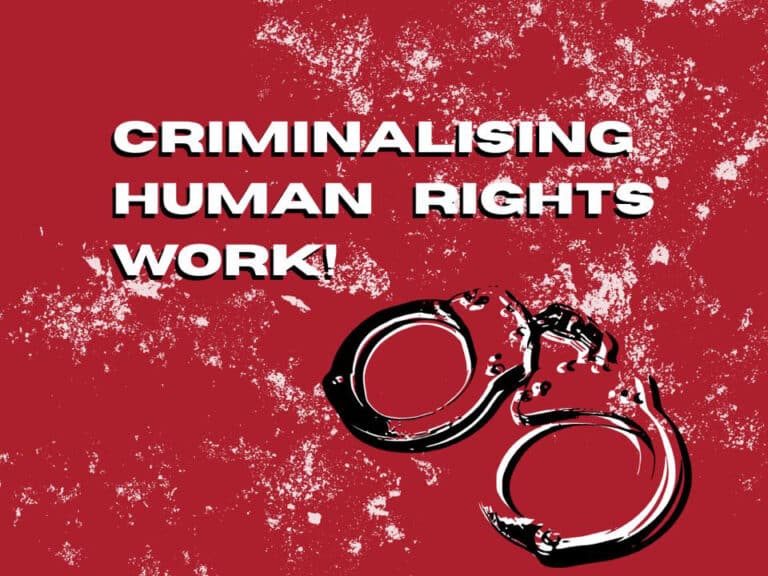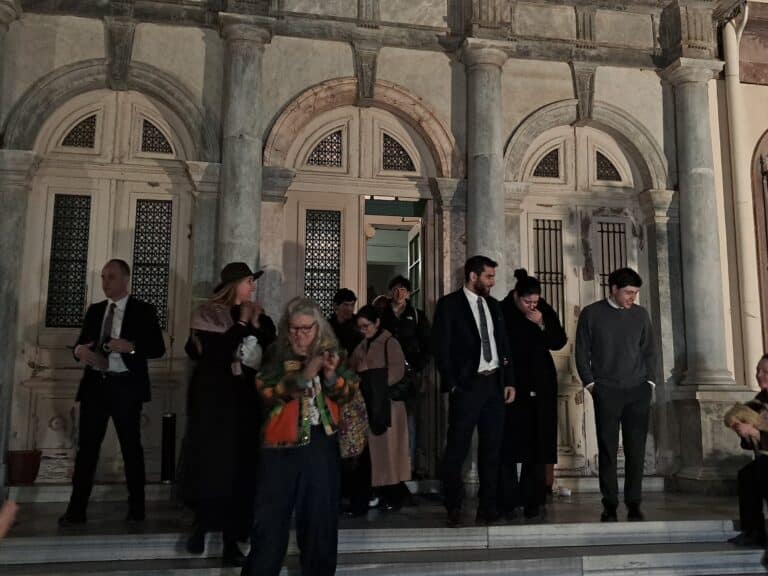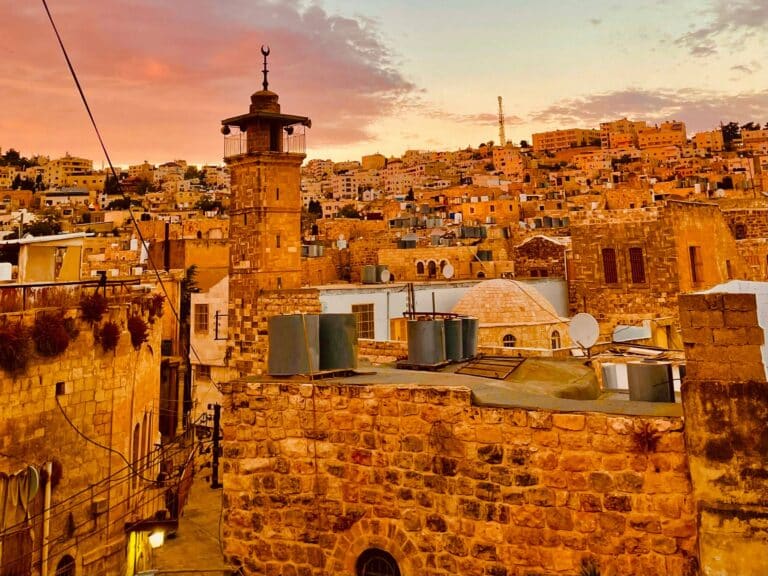In early March, President Trump unambiguously threatened US universities. Aiming to uproot campus solidarity for Palestine, he wrote “Agitators will be imprisoned/or permanently sent back to the country from which they came.” Mahmoud Khalil was his first casualty, “the first”, Trump promises, “of many to come”. His wife has explained how, on 8 March, ICE officers barged warrantless into their home, arrested Khalil, hung up the phone on his lawyer, and threatened to arrest her too. “40 years after my parents immigrated here, and just weeks before I’m due to give birth to our first child, and I feel more unsafe and unstable than I have in my entire life” she said. “US immigration ripped my soul from me when they handcuffed my husband and forced him into an unmarked vehicle.”
Trump says he wants to drive antisemitism off campus and out of the country. Just a few weeks ago, however, his ex-Chief Strategist Steve Bannon told a reporter that “the number one enemy to the people in Israel are American Jews that do not support Israel and do not support MAGA… the biggest enemy you have is inside the wire”. Trump meanwhile said of Democrat Chuck Schumer that “He used to be Jewish. He’s not Jewish anymore, he’s Palestinian.” He has been condemned for using “Palestinian” as a slur, and for setting his own criteria for Jewish identity. He also reveals his worldview: the line between friend and enemy is drawn by race as much as politics. Palestinians and the “wrong” kind of Jews, honouring their histories and the consequent commitments, threaten his foreign policy. The Department of Homeland Security admits as much, justifying revoking Khalil’s Green Card by citing the 1952 Immigration and Nationality Act, which enables the removal of migrants whose presence is thought to have “potentially serious adverse foreign policy consequences”.
If people – by virtue of who they are – cannot accommodate themselves to his project, Tump will just get rid of them. Resisting this tendency, hundreds rallied outside a New York courthouse demanding Khalil’s release as a judge blocked his deportation. Yesterday police arrested 98 members of Jewish Voice for Peace as they held a sit-in for Khalil at Trump Tower.
As states’ attempts at using illegal means to reach their ends are frustrated, where will they turn next? In 2024, a Palestine solidarity encampment occupied Athens Law School. Twenty-eight people were arrested, and nine of them, not Greek citizens, were held in a “pre-removal detention centre” as Greece attempted to deport them. Yesterday a court acquitted them of all charges. Today, in a planned parliamentary reshuffle, a new Minister of Migration has been appointed, Makis Voridis, who has a violent history of membership to fascist anti-Semitic groups.
Those demonstrating outside courts understand that the fight against the authoritarian turn is on two fronts: at home and abroad. CPT’s Turtle Island Solidarity Network reports this week from a demonstration against the world’s biggest mining convention, organised by the Prospectors and Developers Association of Canada. “The companies that find a home at PDAC have contributed to violence and destruction in every one of the contexts in which CPT works”, they write. From Iraqi Kurdistan we publish an update on the violent suppression of a wave of strikes and blockades demanding withheld payment, a result of political bartering over oil revenue. And in Lesvos, we publish a statement from the #FreePylos9 campaign demanding answers from Europe’s border patrol agency Frontex, which has tried to hide behind policy and protocol to justify its failure to assist over 600 victims of the Pylos shipwreck. As Turtle Island Solidarity Network reminds us, in order to build the world we deserve, we must disrupt business as usual.




